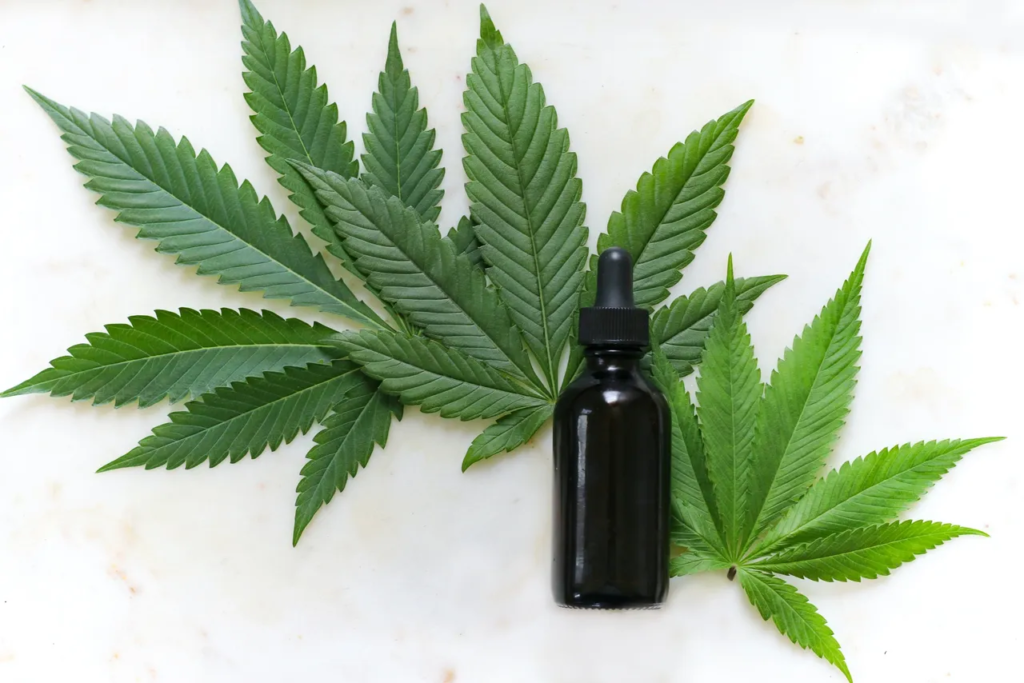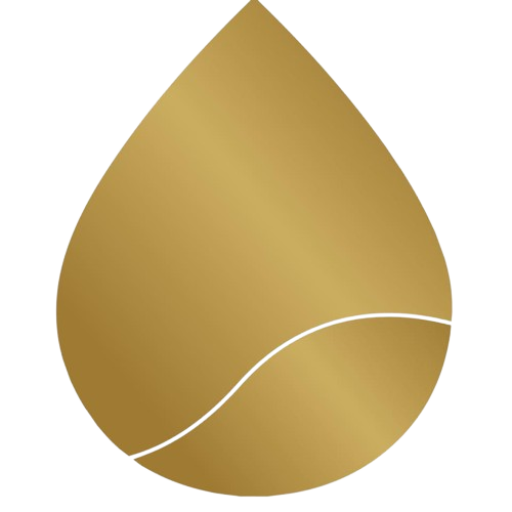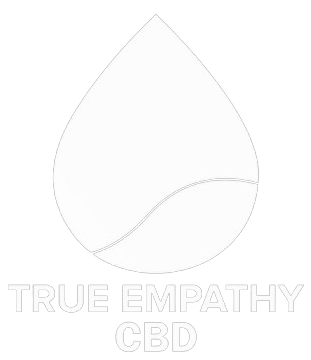
In the realm of wellness trends, CBD stands as a beacon of hope for many seeking natural remedies. Yet, as with any burgeoning industry, myths and misconceptions often overshadow the truth. Let’s peel back the layers and address the top five most searched myths about CBD, ensuring clarity and dispelling falsehoods.
Myth 1: CBD Skincare is Just a Marketing Gimmick
Amidst the clamor of advertising claims, the myth persists that CBD skincare is merely a clever marketing ploy. However, delve deeper, and you’ll find that CBD interacts with the skin’s endocannabinoid receptors, potentially providing genuine relief from pain and nurturing skin health. CBD creams and lotions are not mere hype; they offer tangible benefits grounded in scientific understanding.
Myth 2: CBD is More Effective When Ingested
In the labyrinth of CBD consumption methods, the misconception looms large that ingestion reigns supreme. Yet, while ingesting CBD allows it to enter the bloodstream, topical applications can offer targeted relief. Even though topical CBD may not penetrate the bloodstream, it remains a potent tool against skin issues like dryness and irritation.
Myth 3: CBD Gets You High
Among the shadows of misinformation, one myth casts a long shadow: the idea that CBD induces a euphoric high akin to THC. Yet, legally, CBD products contain minuscule THC levels, far from enough to induce intoxication. Unlike its notorious cousin, marijuana, CBD’s psychoactive effects are nonexistent, offering relief without impairment.
Myth 4: CBD is Addictive
In the tangled web of misconceptions, whispers persist that CBD holds addictive potential. However, the truth stands firm: CBD is non-addictive. Its low THC levels pose no threat of compulsive use, and research even suggests its potential in countering addictive behaviors, offering a ray of hope in the fight against dependency.
Myth 5: CBD is a Cure-All
Amidst the buzz surrounding CBD, a prevailing myth suggests that it’s a miracle cure for all ailments. While CBD indeed may offer various potential benefits, from pain relief to stress reduction, labeling it as a cure-all oversimplifies its capabilities. Each individual’s response to CBD can vary, and its effectiveness may depend on factors such as dosage, administration method, and the individual. Moreover, CBD is not a substitute for professional medical advice or treatment. It’s crucial to approach CBD with realistic expectations, understanding that while it may offer relief for certain issues, it’s not a solution for all health concerns. By dispelling this myth, we can foster a more nuanced and informed perspective on CBD’s role in health and wellness.
In conclusion, by illuminating these top-searched myths surrounding CBD, we pave the way for informed decisions and genuine understanding. Let us cast aside the shadows of falsehoods and embrace the truth, harnessing CBD’s potential as a beacon of wellness in our journey toward holistic health.

